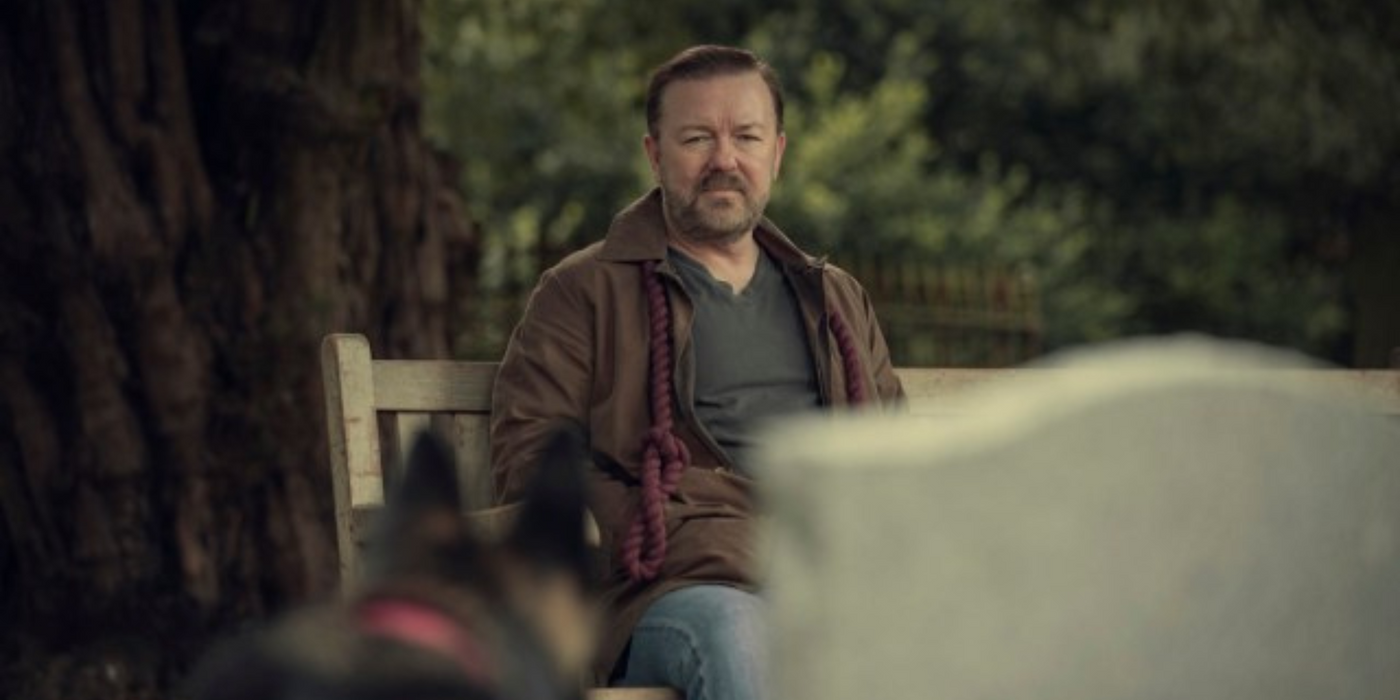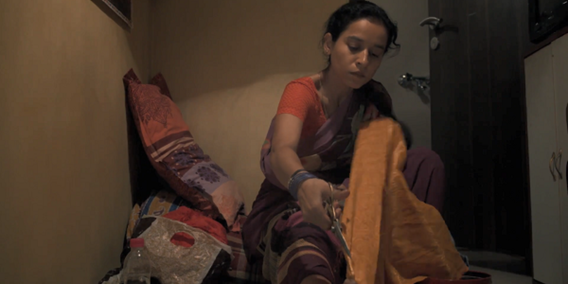As I sit across from my client, I can't help but feel angry. She's in her second year of grief after losing her mother, and the injustice of it all burns.
This is an enterprising young woman in her mid-twenties—soulful, articulate, emotionally responsible. She holds endless space for her friends as they navigate guy troubles and work drama. Yet somehow, she expects herself to "just get over" one of the biggest losses of her life.
Twenty-five years of knowing her mother. Of living and breathing in the same orbit. Of support, care, and advice. Of a relationship layered with conflict, arguments, and fierce love.
Now, as she grieves this woman who shaped her—fiercely independent, deeply empathetic—she wants me to help speed up the process. But grief doesn't work on deadlines. It's messy and unpredictable: deep heaviness one moment, surprising participation in life the next. The weight is real, and even natural grief can feel endless.
We all want it to go away.
So my client grows tired of herself, her sadness, her tears.
I ask what makes her want to rush this.
"I feel like my life has stopped," she says, frustration edging her voice.
Then the tears come. "Everyone else seems fine. What am I supposed to tell my friends? That I'm still falling apart? Who wants to hear that?"
Her words hit hard. They capture the loneliness of grief—the shame of still hurting long after the world has moved on.
When Grief Becomes a Secret
Loss is the one thing that all of us will experience at some point in our lives. However, our grief is unique to us. It depends on who we have lost, our relationship with them, how they died, the state of our minds, and our environments. Loss and the feelings associated with it are also something we rarely talk about.
Many of us return to work and routine after a loss because sometimes we have to. Outwardly, everything looks fine—we start doing the same things. However, our avoidance of places that remind us of them, changes in our moods when we think of them, and our anxieties about our future when our present hasn't turned out the way we expected it are known only to us as we journey through our grief.
We might feel a pang of sadness every evening when we get home, or around a holiday or birthday, when we realize they are really gone. They are not coming back. This is not a dream, as much as life feels unreal and dreamlike as we see the world move on like nothing ever happened, and yet we know our lives have changed.
However, if anyone asks us how we are doing, we will invariably say, "I'm fine."
Here's What Healthy Grief Actually Looks Like
The DSM describes "prolonged grief disorder" only when overwhelming symptoms persist with the same raw intensity for over a year. Otherwise, feeling waves of grief—sometimes gentle, sometimes sharp—for years afterward is part of the normal human experience.
According to a study conducted by George Bonanno, around 80% of people tend to experience the normal trajectory of grief: the process where we adjust ourselves and our expectations to a new reality. That means we will mourn, we will think about how unfair it is to experience this loss, we will rage against it and be saddened by our fate. All of this is part of the process of "coming to terms" with and learning to be part of a new reality—one that was handed to us, one that we never imagined, and probably one that we don't like very much at the moment.
We experience a confusing landscape of emotions oscillating between feeling the heaviness and weight of loss while also participating in our daily life. We look the same from the outside; however, we have changed. We understand that constant weight that only we carry.
The constant sadness feels unwelcome in a world that is celebrating wins, traveling to new places, getting promotions, and we feel left behind so much that we also feel the need to "snap out of it."
What Society Gets Wrong About Grief
Even culturally, as in the case of my client, we are not taught how to stay with grief. Phrases like "you need to be strong for...", "...would have wanted you to move on," and "it will be okay" don't provide an avenue to talk about grief—they shut it down. Mourning is public for a few days: the rituals, the visitors, the food. And then, silence.
Society expects us to be "strong" and get back to our responsibilities. Cry too long, and you risk being called "weak," "dramatic," or "stuck." There is no space for feeling difficult feelings, let alone the prolonged experience of grief after major life changes or the death of someone close to us.
So something very natural, very human, is seen as an anomaly, and we are seen as an anomaly for feeling it, for being overwhelmed and sometimes incapacitated by it. Within our society, there is a fear that if you feel your feelings, they will cripple you. You might not get out of bed, you will not be able to function—you are somehow weaker than that stoic other who experiences one misfortune after another, apparently unfazed.
We have enough data to suggest that when our losses are stigmatized, avoided, and ignored, they have a higher chance of getting "complicated." Because our grief doesn't have breathing room, we are not able to examine our feelings, the complexities of our feelings, and consequently find space to resolve them. If grief is a wound, talking about it is treating it. Not letting yourself feel your feelings is like letting that wound fester with the hope that if you ignore it long enough, it will slowly fade.
But it doesn't really go anywhere. It stays with us.
What Happens When We Avoid the Pain
We become irritable, depressed, and restless. Maybe we fill our lives with many more activities, social work, outings with friends, and trips to new places to escape the pain in the way society tells us to. After all, those days when you are lying in bed, weighed down by how you feel, aren't highlight-reel-worthy moments for the 'gram.
But grief metabolizes when it is felt.
As I journey with clients through their experience of grief, we dare to explore and ask difficult questions—to ourselves and about the person we have lost. We dare to ask ourselves what this grief means, why holding on and letting go are equally painful and sad. What we find is that the more we give space for feelings to come to the surface, the more at ease we feel with the grieving.
This experience aligns with research in psychology and health sciences, which reminds us that giving space to grief is a necessity for our bodies, our minds, and our lives. It helps calm our nervous system. Whether through tears, talking, or even silence, expressing our pain allows the body to soften its stress response and slowly return to balance.
How to Give Your Grief the Space It Needs
So what do we do?
We let ourselves feel, and we don't need to do it all at once. It can look like a yearly, daily, or monthly ritual that you have with who or what you have lost, where you let yourself feel your sadness, feel your pain and the unfairness, feel angry and sorry for yourself.
Sometimes it looks like writing a letter to the person you lost and saying what was left unsaid.
Sometimes it's permitting yourself to cry—in a support group, to a friend, while watching a movie, or in the shower—without apologizing for your feelings. To burrow yourself in, have a low day around a birthday, anniversary, or a new event that you cannot share with them.
Sometimes it's speaking your pain aloud to a trusted friend or therapist, or even just whispering to yourself: "This hurts today. I am sad and low, and that's okay."
Just the small act of naming and expressing your grief, noticing where you feel it in your body, and allowing yourself to feel it as it passes through you, helps it move.
We need to break the avoidant attitude toward our feelings before it breaks us. Because grief, our sadness, when given room, doesn't just weigh us down—it reshapes us. It teaches us tenderness, resilience, and the quiet truth that we are connected in this pain. It is a shared reality that to love deeply is also to grieve deeply. And that vulnerability should not be mistaken for weakness. It is what connects us. It makes us human, and it deserves to be seen.








